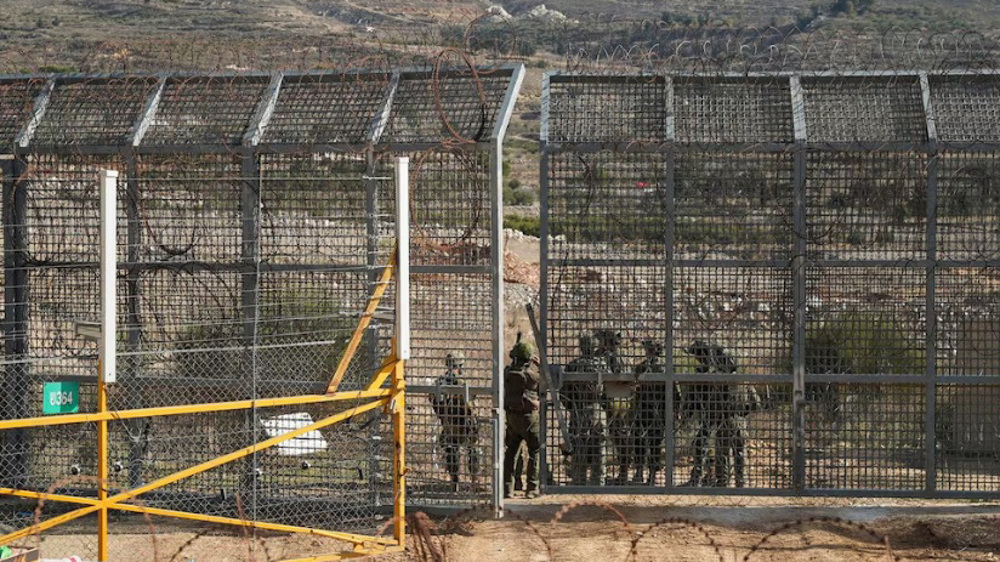Gaza fishermen go on strike after Israeli military sinks boat
Palestinian fishermen in the Gaza Strip have announced two days of strike in protest at a recent Israeli act of aggression, which sank a fishing boat and left one of their fellows missing.
Head of the Gaza Fishermen’s Union, Zakariya Bakr, said the fishermen will suspend their activities off the coast of Gaza Strip as of Friday, to show their anger at the new Israeli crime, the Palestinian Ma’an news agency reported.
On Thursday, Israeli naval forces attacked the boat of Muhammad Ahmad al-Hassi and sank the vessel. Search operation for the 33-year-old still continues.
The Hamas resistance movement, which governs the Israeli-blockaded territory, released a statement on Thursday, condemning the “direct assault” as an “organized and hideous crime.”
Islamic Jihad, another Gaza-based resistance movement, also issued a statement, slamming the incident as a “terrorist assault.” The group stressed that the new attack constitutes a new violation of the 2014 ceasefire, which put an end to Tel Aviv’s 50-day war against the coastal enclave.
“If the offensive does not stop, it is our right to defend ourselves and our people,” the statement said.
Around 4,000 fishermen work in Gaza, half of whom live below the poverty line.
Israel had imposed a limit of three nautical miles on fishing in the waters off the Gaza shore prior to the truce.

Under a ceasefire agreement reached between Israelis and Palestinians following the deadly Israeli war in August 2014, Tel Aviv agreed to immediately expand the fishing zone off Gaza’s coast, allowing Palestinian fishermen to sail as far as six nautical miles off the shore.
The agreement also stipulated that Israel would expand the area gradually up to 12 miles.
Palestinian fishermen, however, say the Israeli navy opens fire on them before they reach the agreed limit.
Over the past two years, Israeli forces have carried out about 150 attacks on Palestinian boats, arresting nearly two dozen fishermen and confiscating nine boats.
The Gaza Strip has been under an Israeli blockade since June 2007. The blockade has caused a decline in the standards of living as well as unprecedented levels of unemployment and unrelenting poverty.
Relentless Israeli ceasefire violations justify need for self-defense: Lebanese MP
Tel Aviv tells Damascus Israeli forces will remain in occupied territory: Report
Dec. 22: ‘Axis of Resistance’ operations against Israeli occupation
‘Abhorrent’: Oxfam says only 12 trucks delivered aid in North Gaza since Oct.
VIDEO | Leader receives religious eulogists on Hazrat Fatima birth anniv.
Pope Francis slams Israel’s ‘machine-gunning’ of Gaza children
US hostage-taking of Iranian nationals violation of intl. law: Deputy FM
VIDEO | Carol Singers for Palestine on London’s Parliament Square










 This makes it easy to access the Press TV website
This makes it easy to access the Press TV website